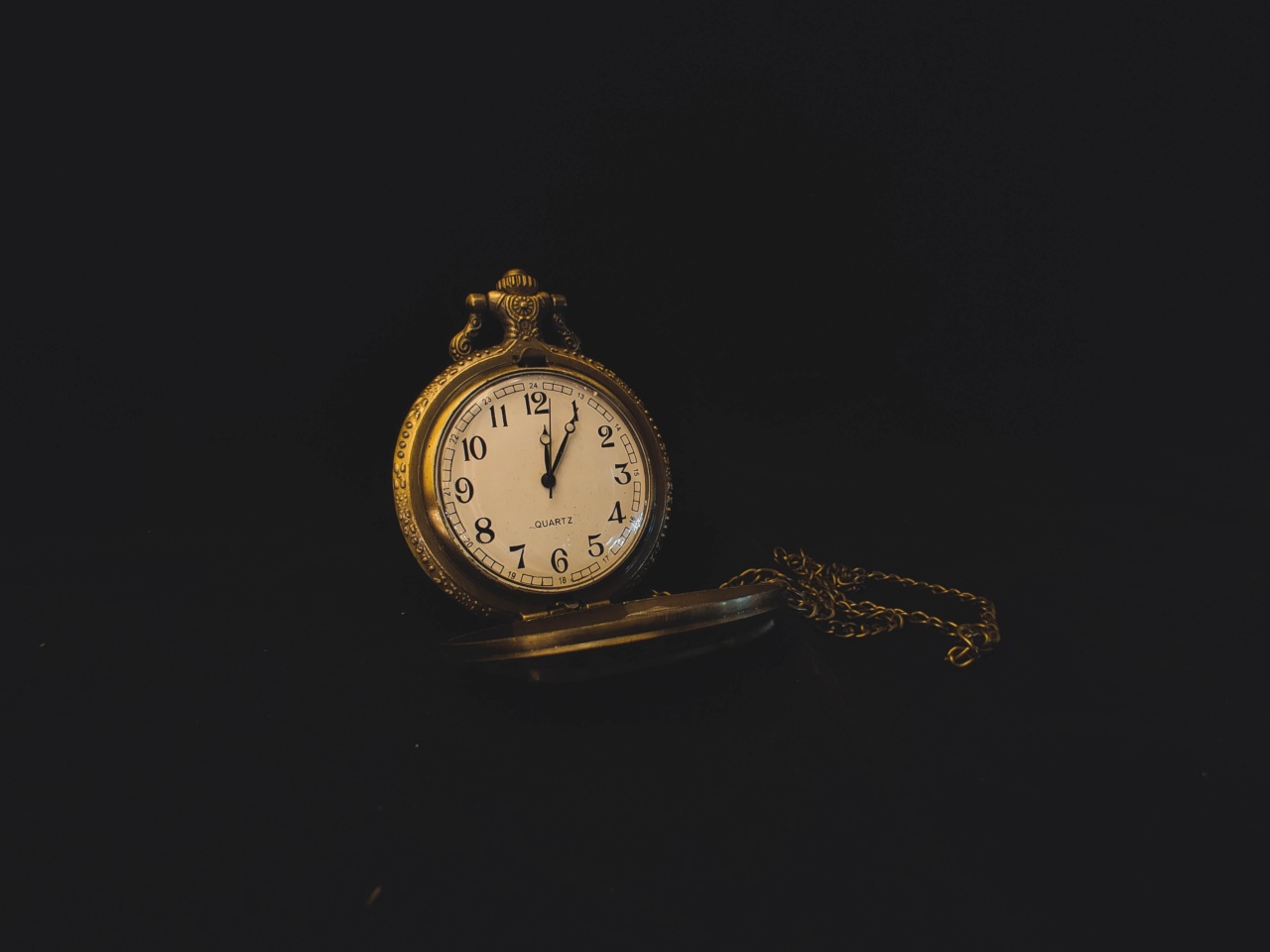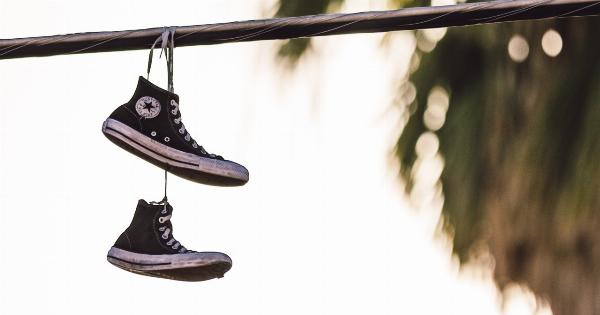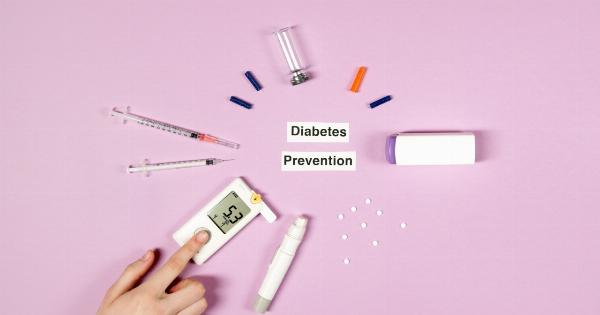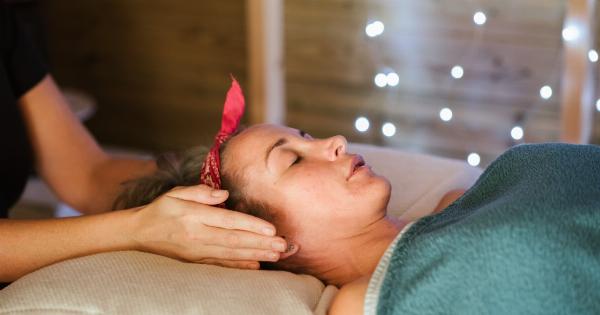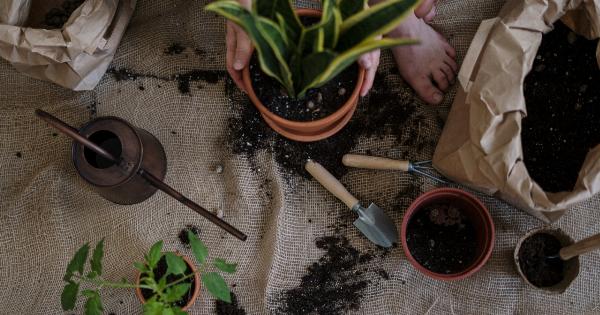A stroke can be a life-altering event, leaving a person weakened, impaired, and struggling to regain their quality of life.
While traditional treatments such as medication, rehabilitation, and surgery are often prescribed, alternative treatments may also provide relief and healing.
What is a Stroke?
A stroke occurs when blood flow to the brain is disrupted. This can be due to a clot or a burst blood vessel. When the brain does not receive sufficient oxygen and nutrients, brain cells die, and brain function is lost.
The effects of a stroke can vary depending on the severity and location of the brain damage, but common symptoms include:.
- Weakness or paralysis on one side of the body
- Numbness or tingling on one side of the body
- Difficulty speaking or understanding language
- Vision problems
- Difficulty walking or balance problems
- Memory or cognitive problems
Traditional Stroke Treatment
Traditionally, strokes are treated through a combination of medication, rehabilitation, and surgery, if necessary. Medications may include blood thinners, anti-platelet drugs, and clot-busting drugs.
Rehabilitation may involve physical therapy, occupational therapy, and speech therapy, aimed at restoring function and mobility. Surgery may be necessary in cases where a clot or bleeding needs to be removed or repaired.
Alternative Stroke Treatment
While traditional stroke treatments are important and effective, alternative treatments may also provide additional benefits. Alternative treatments may include:.
Acupuncture
Acupuncture is a form of traditional Chinese medicine that involves inserting needles into specific points on the body. By stimulating these points, acupuncture may help improve circulation, reduce inflammation, and promote healing.
Acupuncture may be particularly helpful in reducing pain, improving mobility, and restoring balance in stroke patients.
Massage
Massage therapy may help stroke patients by improving circulation, reducing muscle tension, and promoting relaxation. Massage therapy may also help reduce stress and anxiety, providing a psychological boost to those struggling to recover from a stroke.
Herbal Medicine
Herbal medicine may provide additional benefits to stroke patients. Traditional Chinese medicine, for example, uses a variety of herbs to promote circulation, reduce inflammation, and improve overall health.
Herbal medicine may also be useful in managing side effects of traditional medications, such as nausea, vomiting, or fatigue.
Functional Medicine
Functional medicine takes a whole-body approach to healing and focuses on addressing the underlying causes of disease, rather than just treating the symptoms. This may involve dietary changes, nutritional supplements, and lifestyle modifications.
By addressing the root cause of stroke, functional medicine may help prevent future strokes and improve overall health.
Mind-Body Medicine
Stress and anxiety can be major factors in stroke recovery, so mind-body therapies such as yoga, meditation, or biofeedback may be helpful. These therapies can help reduce stress, promote relaxation, and improve mood.
The Power of Alternative Stroke Treatment
Alternative treatments for stroke may provide additional benefits and relief to those struggling to recover from a stroke. These treatments can help reduce pain, improve mobility, enhance overall health, and prevent future strokes.
While traditional treatments are important and effective, incorporating alternative treatments into a comprehensive stroke recovery plan may provide even greater benefits.
Conclusion
A stroke can be a frightening and life-altering event, but with a comprehensive treatment plan, recovery and healing are possible. Alternative treatments may provide additional benefits and relief to those struggling to recover from a stroke.
By taking a whole-body approach to healing, incorporating traditional and alternative treatments, and making healthy lifestyle choices, the power of stroke recovery is within reach.
